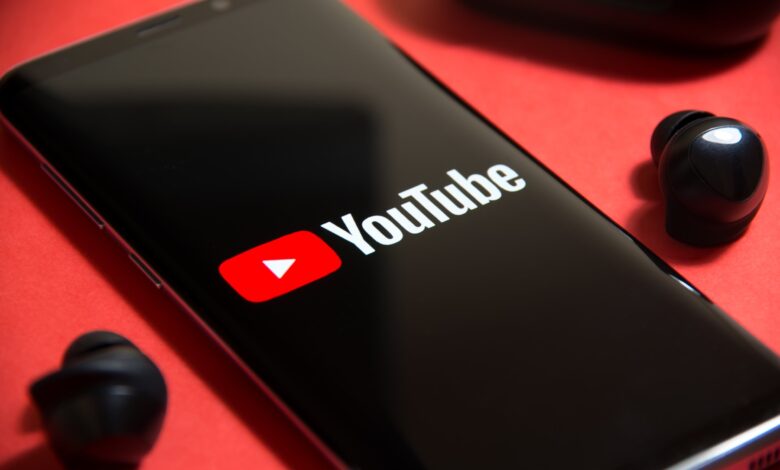YouTube in talks with Sony, Universal, Warner to license music for AI tools (report)

This week we witnessed a seminal moment in the awkward relationship between the music industry and AI tech, when recording companies owned by the three global music giants – Sony Music Group, Universal Music Group, and Warner Music Group – sued AI music developers Suno and Udio over their alleged, and unauthorized, use of copyrighted music to train their AI models.
It was a clear sign – as if any were still needed – that the music industry intends to fight tooth and nail for its rights against companies that are effectively attempting to replace human talent with AI tools trained without permission on the vast body of copyrighted, human-made music.
Suno and Udio aside, many AI developers are beginning to get the message. OpenAI, the Microsoft-backed developer of ChatGPT – whose launch in late 2022 triggered the AI craze seen everywhere today – has been in talks with news organizations including CNN, Fox News and Time to license their content for AI-training purposes.
Likely not coincidentally, those talks came about after the New York Times sued OpenAI for allegedly using its articles to train the large language models behind ChartGPT.
In April, the Financial Times allowed its content to be used to train OpenAI’s models, in a deal that will require ChatGPT to cite FT whenever it uses the newspaper’s content in its answers to users’ queries.
Now, the Financial Times is reporting that Google’s YouTube is in talks with the three music majors – Sony, Universal, and Warner – to license their music to train AI tools that will clone popular artists’ music.
Citing “three people familiar with the matter,” FT reported that YouTube wants to offer cash upfront in lump-sum payments to gain the rights to specific artists’ music – with the permission of the artists themselves.
The idea is to encourage more artists to allow their work to be used to create AI music tools. YouTube wants “dozens” of artists to participate, two of the people familiar with the matter told FT.
It’s unknown how receptive artists are to this idea, and the idea of recording and publishing companies selling artists’ rights without their permission appears to be out of bounds, but what is known is that two of the majors – Universal and Warner – last year entered into partnerships with YouTube to jointly develop AI tools with the participation of artists.
(Notably, Sony wasn’t part of this effort. The company stood out from the crowd again last month when it sent letters to some 700 AI developers telling them that Sony is by default “opting out” of having its content used in AI training.)
Per FT’s reporting, YouTube’s initial efforts at working with artists on AI tools appear to have fallen short of expectations: Only 10 artists agreed to participate in the training of Dream Track, a tool meant to bring AI-generated music to YouTube Shorts, the video platform’s competitor to TikTok.
YouTube is now moving beyond Dream Track and working on new tools – but again with an eye towards integrating them into YouTube Shorts, FT reported.
Recording companies are cautiously optimistic about AI technology, and are working to find ways to monetize their copyrighted content in the development of AI tools, and to develop tools to enhance their artists’ creative processes.
“Some platforms are employing AI to sabotage creativity and undermine artists, songwriters, musicians and rightsholders.”
Artist Rights Alliance
However, artists themselves seem more cautious than optimistic about AI. While a few, such as Grimes and 3LAU, have wholeheartedly embraced the technology, a much larger number are expressing concerns over what the technology could mean for human creativity going forward.
More than 200 musical artists and bands – including Billie Eilish, Pearl Jam, Katy Perry, Stevie Wonder and Smokey Robinson – signed a letter in April asking AI developers to “cease the use of artificial intelligence (AI) to infringe upon and devalue the rights of human artists.”
The letter, organized by the Artist Rights Alliance, stated that “when used responsibly, AI has enormous potential to enhance human creativity,” but “some platforms are employing AI to sabotage creativity and undermine artists, songwriters, musicians and rightsholders.”
It’s unclear which of these categories YouTube’s new tools, reportedly meant to clone artists’ works, would fall into.
“The industry is wrestling with this. Technically the companies have the copyrights, but we have to think through how to play it,” an unnamed executive at a large music company told FT. “We don’t want to be seen as a Luddite.”Music Business Worldwide
Source link

